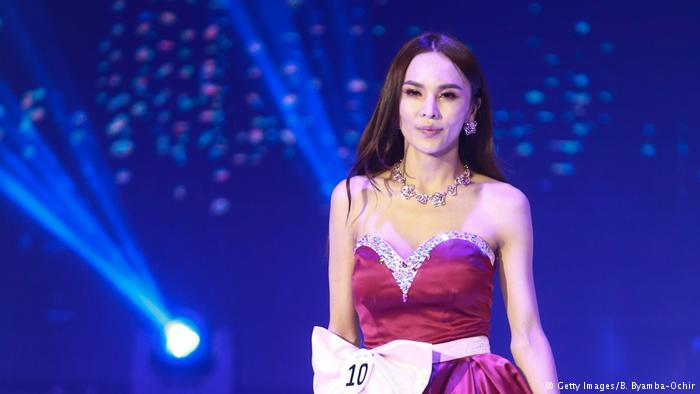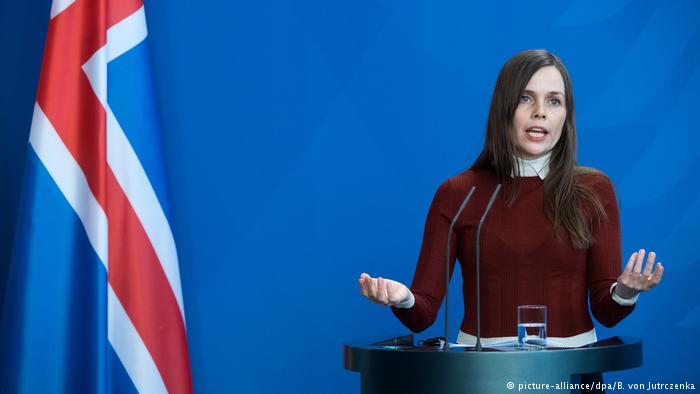‘I am enough for myself,’ says Irha Parishei, a transgender woman

Irha Parishei © Privat
Irha Parishei is a transgender woman who is currently pursuing an engineering degree at NUST University. She has taken it upon herself to challenge the many ugly stereotypes about the transgender community. She works with Pakistan’s National Commission for Human Rights (NCHR) to raise awareness and has met various politicians. She shared some of her experiences and the challenges she faces in an interview with DW.
.
DW: What are the greatest challenges for you?
Being transgender, I face many challenges. First of all, there is discrimination by society. This started when I was still at school. My teachers did not pay as much attention to me as they did to other students. But the biggest challenge was the opposition from my family. When the biggest support system turns its back on you, you feel a lot of discouragement and depression.
And you don’t only face discrimination from your mainstream community but you can also face discrimination from the transgender community. If you don’t become a member of the trans-culture, you can face a lot of opposition.
DW: Does Pakistani society treat you fairly?
If society does not know that I am a trans-woman, it treats me like a normal woman. But as soon as people know more about me, their behavior becomes either more sympathetic, which I don’t like, or – for example – men might start talking more about sexual things because they think that a trans-woman must be a sex worker. When women find out I am transgender, their behavior also changes slightly.
DW: Why do people disown their children if they are transgender?
People usually discriminate against their transgender children because they fear society will not accept them. Even if the community does accept a transgender child, people sometimes ask unnecessary and embarrassing questions. That’s why it is hard for parents to accept a trans-child. Moreover, there is a superstition in Pakistani society that transgender people are born as a result of the parents’ wrongdoing or as a curse. So society sees them as disgrace. That’s why families do not accept transgender children.
DW: Could you explain what Exploring Future Foundation (EFF) is and how you support it?
EFF is an organization working for the empowerment of transgender people. It opened the first school for transgender people. It’s a school where they can learn skills to become active and useful members of society. For example as artists, computer developers, chefs, etc. Transgender people are not born to work as dancers or sex workers. I have been raising funds and representing EFF on different platforms. I have also assisted them in working with other NGOs.
DW: What are the main problems of transgender community that should be addressed?
The main problem for transgender people is knowing what their identity is and not having a crisis. Most trans-people are uneducated. They don’t know how to find sources of information to learn more about themselves. They remain in confusion about their identity and this creates very low self-esteem. Being transgender is not only physical but psychological too.
Interview: Saima Hyder Zaidi (act)






